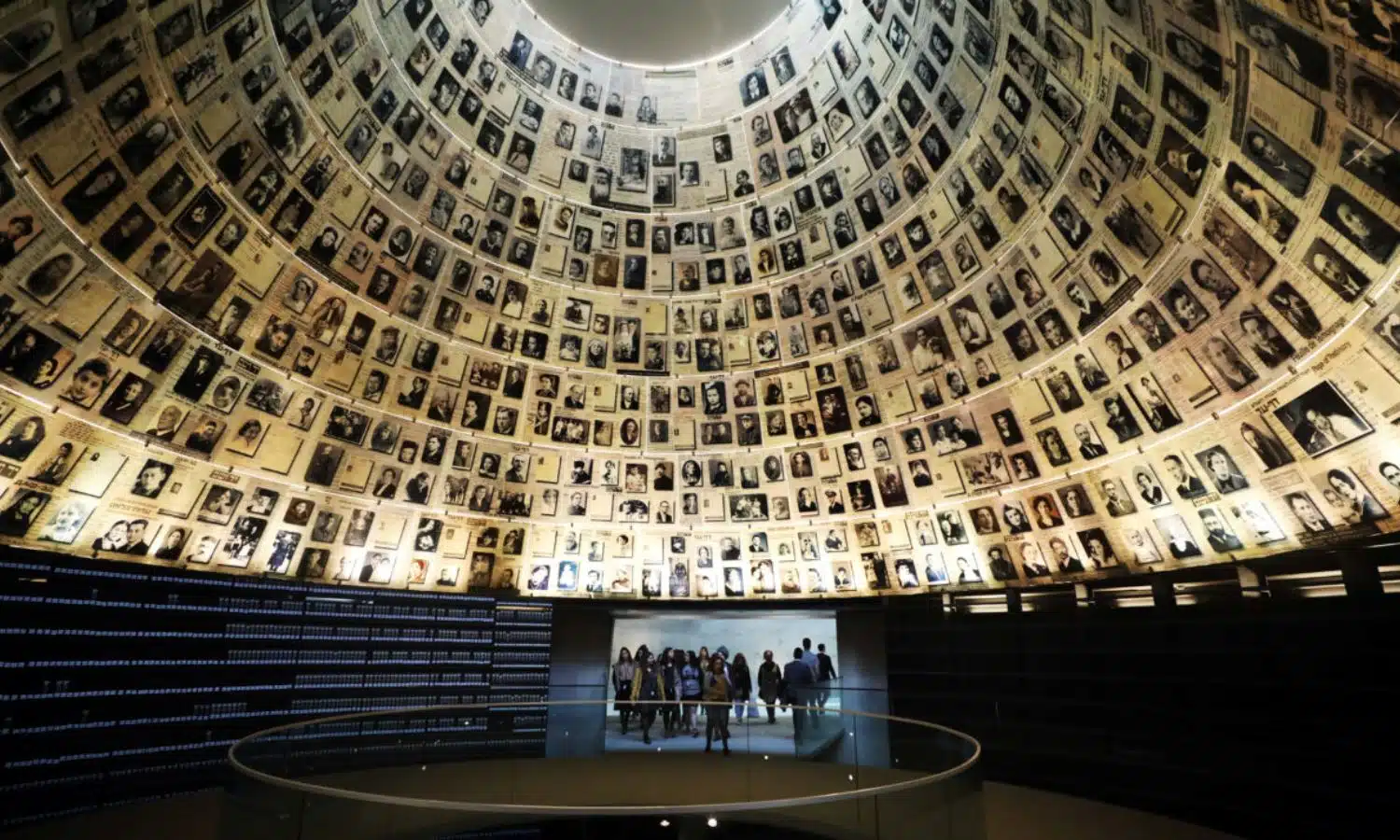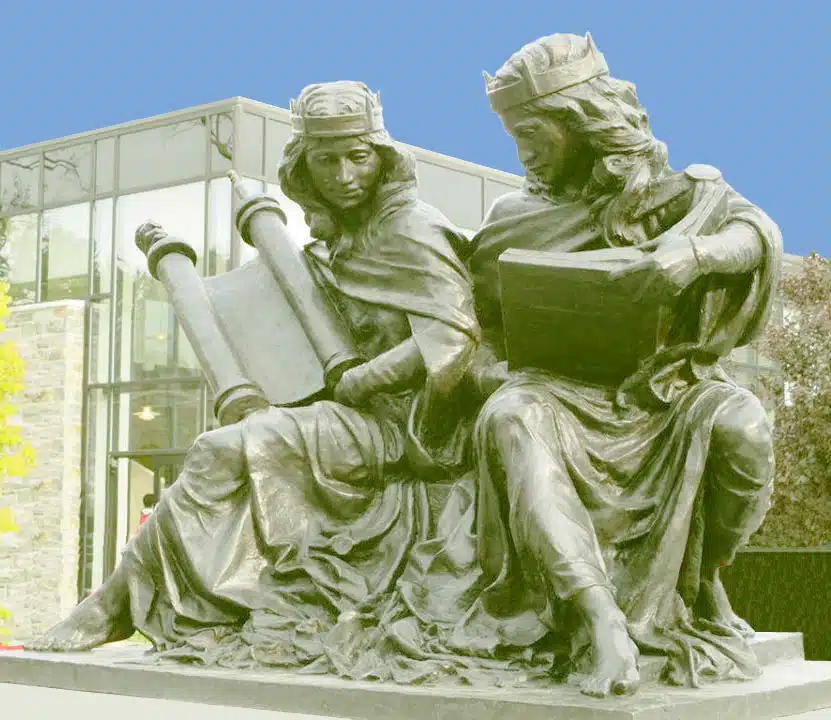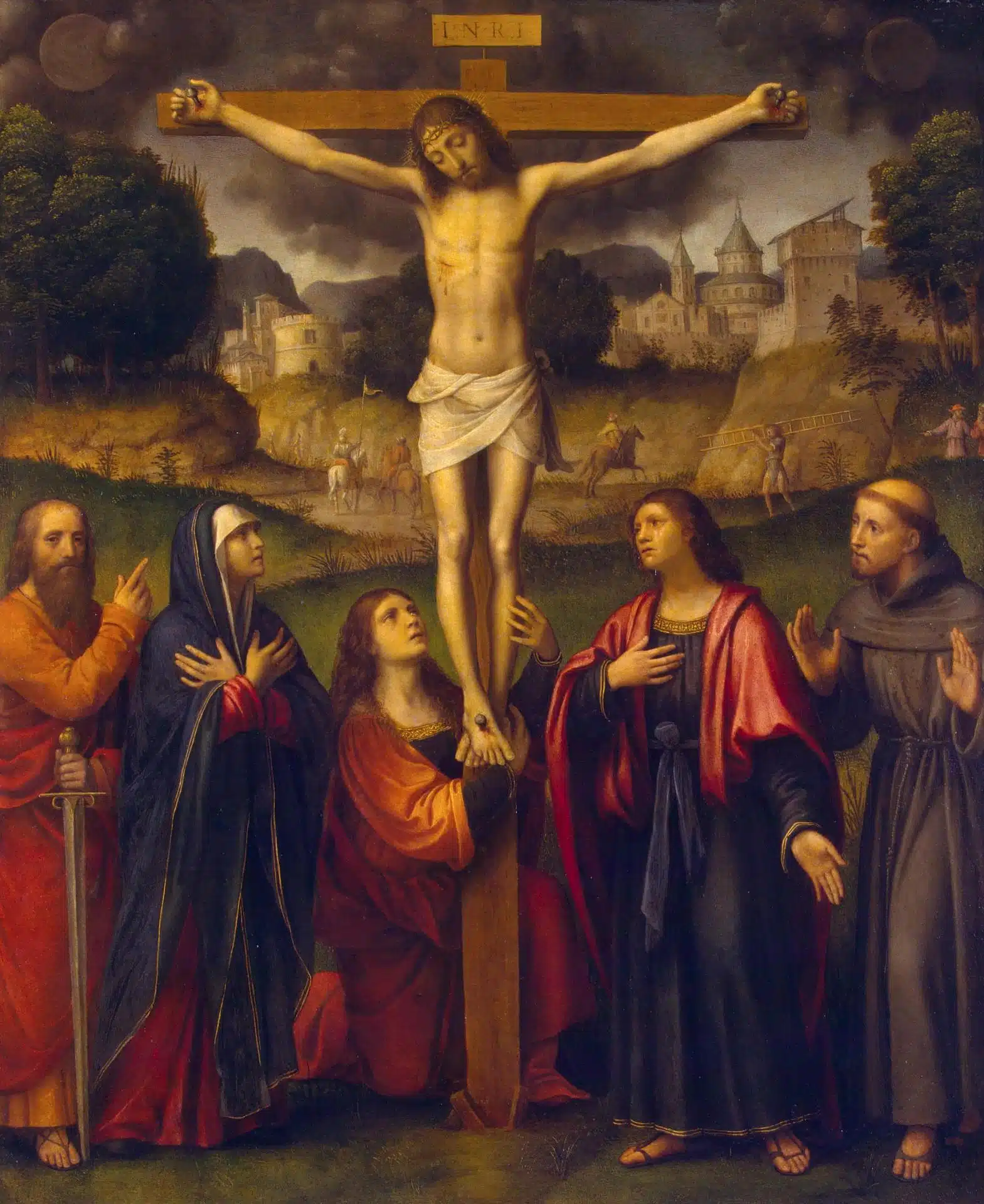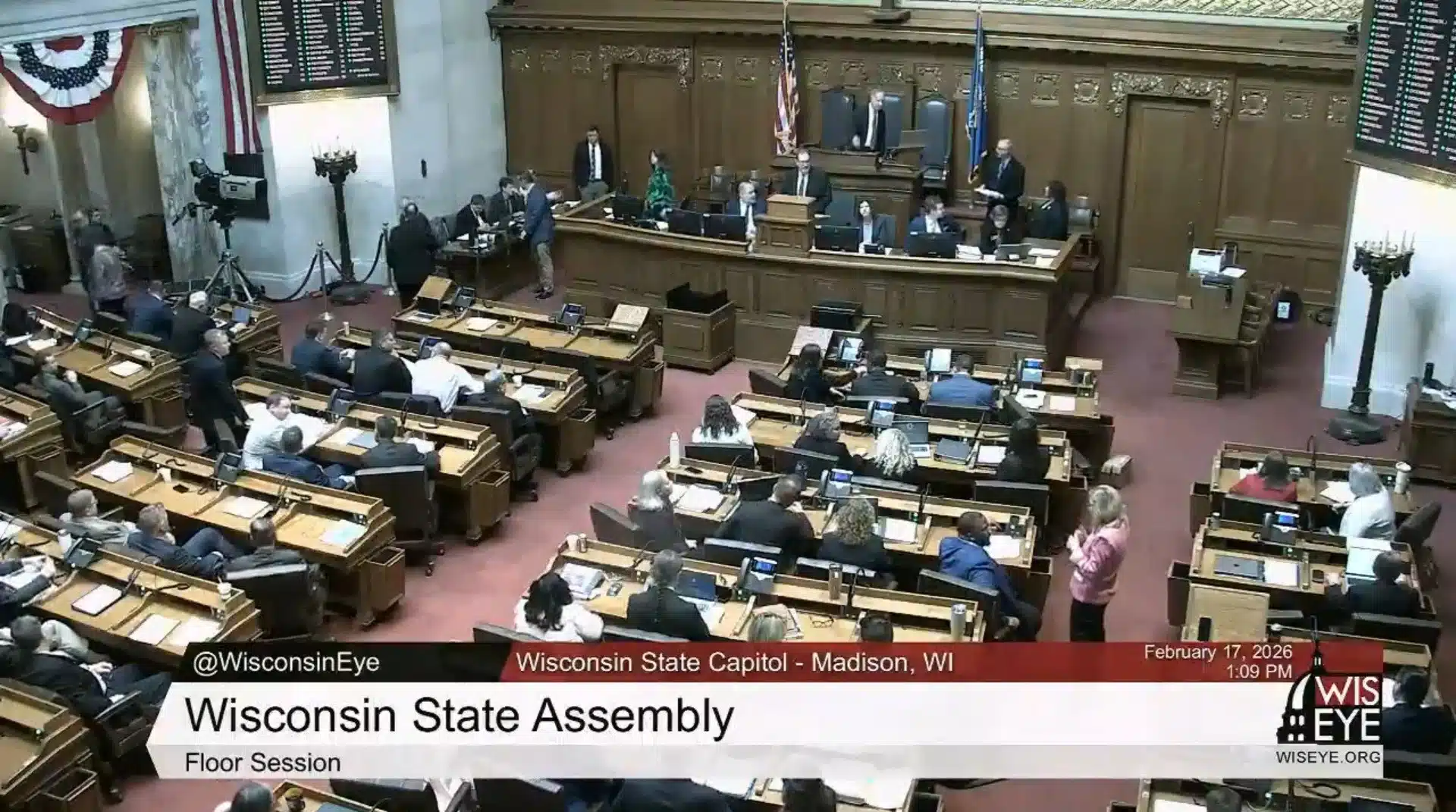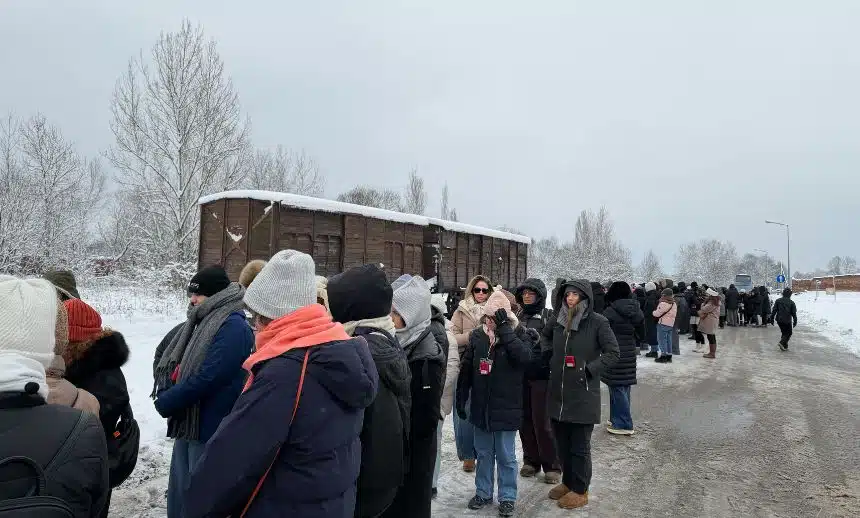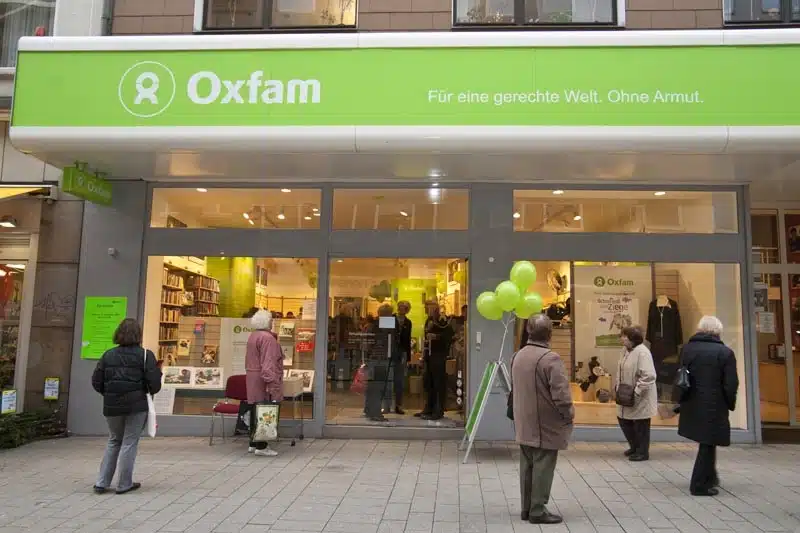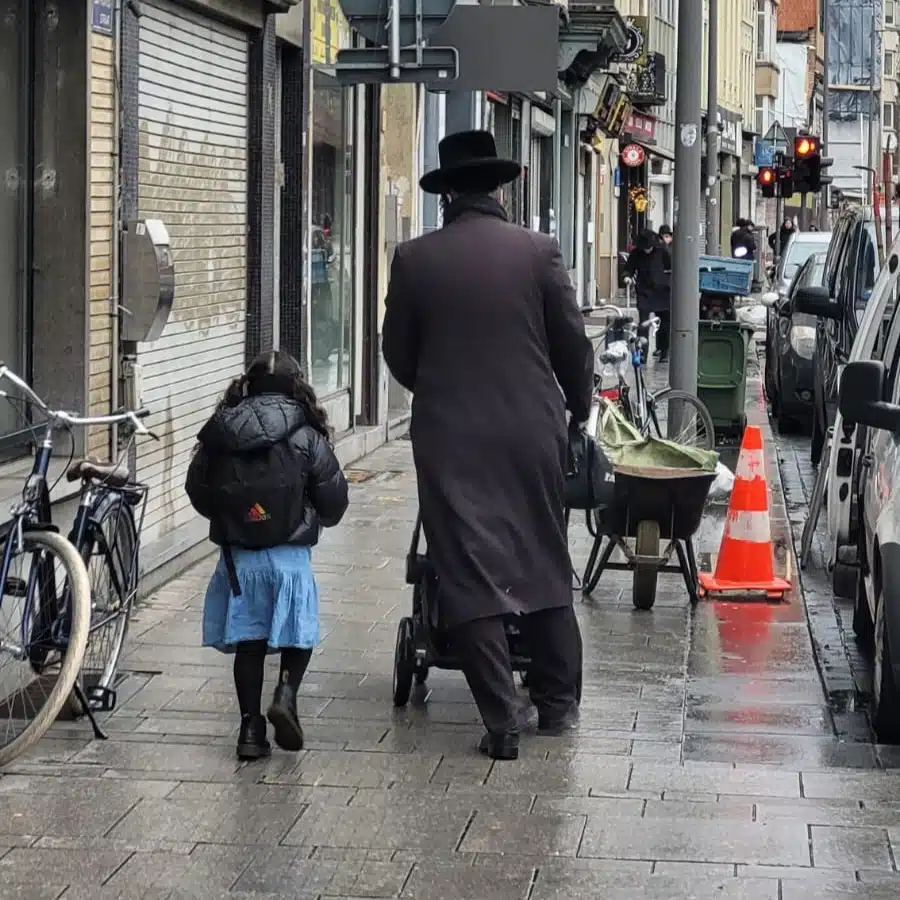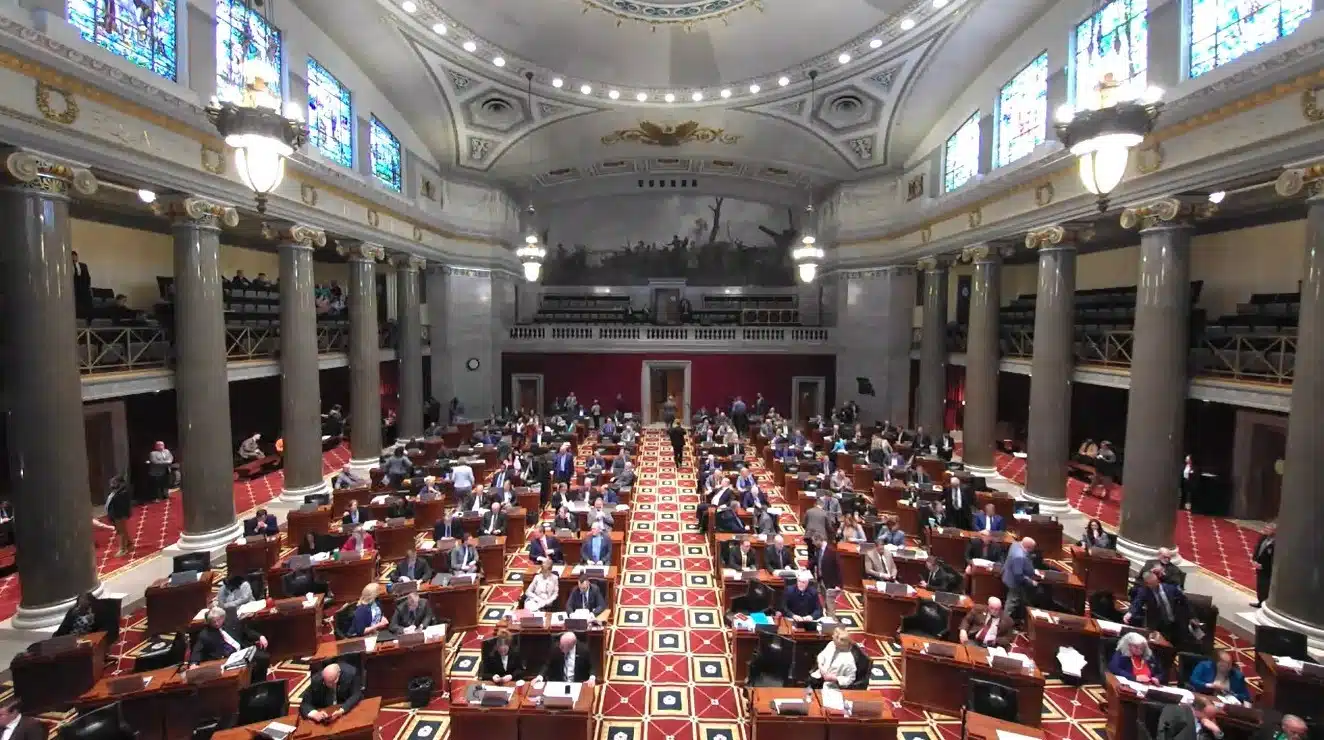|
Getting your Trinity Audio player ready...
|
This article was authored by Adi Rabinowitz Bedein, a Holocaust educator from Israel, Yad Vashem tour guide, and founding director of the Network for Innovative Holocaust Education (NIHE):
On the recent Holocaust Remembrance Day, I was invited by Terraforming, a Holocaust education organization, to give lectures in Serbia, specifically in Belgrade and Novi Sad. This visit was endorsed by the Israeli Embassy in Serbia and supported by the Combat Antisemitism Movement (CAM). However, this year’s lectures felt profoundly different for me.
This was my first visit to the Balkans, where I learned extensively about the current Jewish community, the region’s history, the Holocaust, Serbian society, and Holocaust education in Serbia. Yet, what felt most different for me was my internal feeling about my lectures.
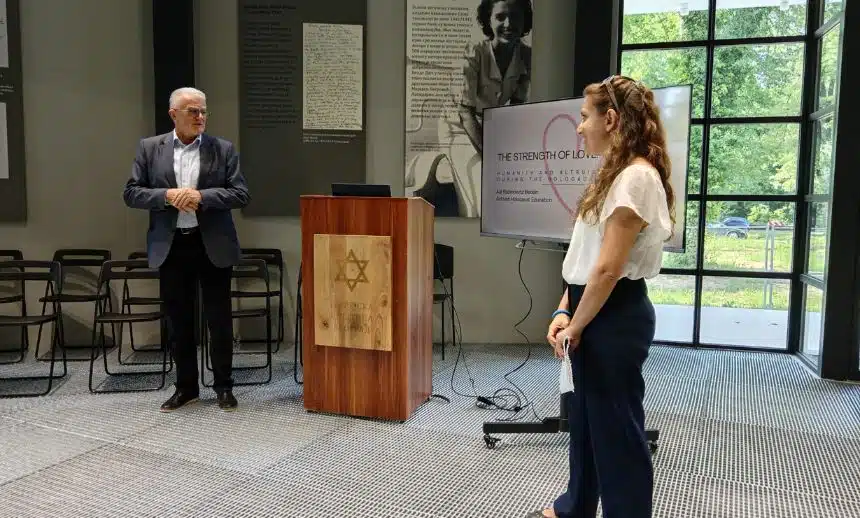
I conduct my lectures following an approach I call “Activist Holocaust Education.” This method translates the lessons learned from the lives of Holocaust victims and survivors into daily life, motivating people to act against antisemitism and various social injustices. Crafting each lecture is a long process that evolves from the books I read, personal experiences, and current world events, but it primarily stems from my internal reflections. Thus, during and especially at the end of each lecture, I am usually filled with energy. This time, however, I felt a noticeable lack of energy, and it took me a while to understand why. The realization came on Shabbat.
The chief rabbi of Belgrade, Rabbi Asiel, a wise and inspiring man who hosted me during my visit, asked me to speak to the community on Shabbat. Quickly, I understood that I wanted to address something related to today, particularly Israeli life after October 7th.
Just as we cannot separate the lessons learned from the Holocaust from our lives today, we cannot separate Holocaust remembrance from the memory of October 7th.

For Holocaust remembrance to be truly international, it must convey universal messages. Today, however, these messages are often disconnected from the Jewish story, making the Holocaust seem less like a Jewish story. For me, this is unacceptable. When teaching about the Holocaust, I cannot help but address contemporary events.
Therefore, in the synagogue, I chose to talk about heroism. If there is one word constantly mentioned in Israel today in connection to the war and recent events, it is “hero.” There are countless stories of Israeli heroism, and every sign seems to proclaim “hero.” The book I bought, One Day in October, narrates 40 stories of heroism from October 7th. Holocaust Remembrance Day in Israel is also called Holocaust and Heroism Remembrance Day.
Initially, Holocaust remembrance in Israel was shaped by a view of the victims as passive — mere sheep led to slaughter. This perspective, deeply ingrained in the early years of the state, valorized the strong, fighting Jew who defended his land. Over time, this narrative expanded to encompass a broader definition of heroism, including spiritual resistance such as prayer, artistic expression, and the preservation of human dignity under dire circumstances.
The turning point in this evolving narrative came with the Eichmann trial, which galvanized public consciousness and brought the harrowing details of the Holocaust into the living rooms of Israelis. Following this, the aftermath of the Yom Kippur War further shifted the Israeli perspective, as the vulnerability experienced during the conflict made society more receptive to identifying with historical victimhood.

I then thought to myself: Have we evolved as a people? Do we now relate to heroism in a broader sense because we have a developed sense of memory, having learned from the Holocaust? Or, like after the Yom Kippur War, are we currently in a situation where we identify with what Jews went through during the Holocaust and feel a real threat, thus coping by calling ourselves heroes?
The massacre on October 7th presented a modern-day echo of these past horrors, albeit under different circumstances. On this day, the nation faced a stark reminder of its vulnerabilities, despite having a country and an army supposedly capable of protecting its citizens. The narratives emerging from October 7th resonate with the themes of historical Jewish victimhood.
The torch-lighting ceremony in honor of Israel’s Independence Day further highlighted this evolution. This year, the national ceremony celebrated Israeli courage, recognizing a spectrum of heroism beyond the traditional battlefield. They honored not only “biblical” heroes but also their wives, and mothers who cooked for soldiers and evacuees. A broad spectrum of heroism was visible under the theme of “Israeli Heroism.” I was pleased to see that we have learned how to remember.
When I speak about memory in my Holocaust lectures, I convey the Jewish idea that memory is our identity and our connection to previous generations. I always thought I understood this statement. But today, after my journey in Serbia, this statement is clearer to me: When we remember, we connect — to our community and to the person we aspire to be. Reading stories of heroism inspires me to emulate those heroes and to educate my children with similar values. As our sense of memory has developed, reading about the heroism surrounding October 7th provides me with strengthening messages about continuing life and offers proof of the saying, “Who is a hero? He who conquers his inclinations.” In my eyes, this aligns with Viktor Frankl’s words: “Everything can be taken from a man but one thing: the last of the human freedoms — to choose one’s attitude in any given set of circumstances, to choose one’s own way.” Being a hero is a spiritual and mental process, a choice to continue believing in and loving life.
I left Serbia with a deep understanding that my educational commitment cannot treat the Holocaust as an isolated event. My inner voice cries out to include education about October 7th.
As the head of the Network for Innovative Holocaust Education, I have encountered fascinating people who have directed their resources not only towards the Holocaust but also October 7th. Members of the network who worked on innovative Holocaust projects, after October 7th, used the same tools to commemorate the victims of October 7th.
The innovative approaches to Holocaust education that I find in the work of the members of NIHE, which includes projects like “Triumph of the Spirit” and “Humans of the Holocaust,” are now being applied to the October 7th narratives. These projects use modern technology to vividly capture and recount personal stories of resilience and heroism — about the Holocaust but now also for October 7th. For instance, “Triumph of the Spirit” has extended its scope to include immersive recreations of both Auschwitz and the scenes from October 7th, using virtual reality to bring these historical moments to life and calls both projects: Jewish and Israeli Heroism in 360°.
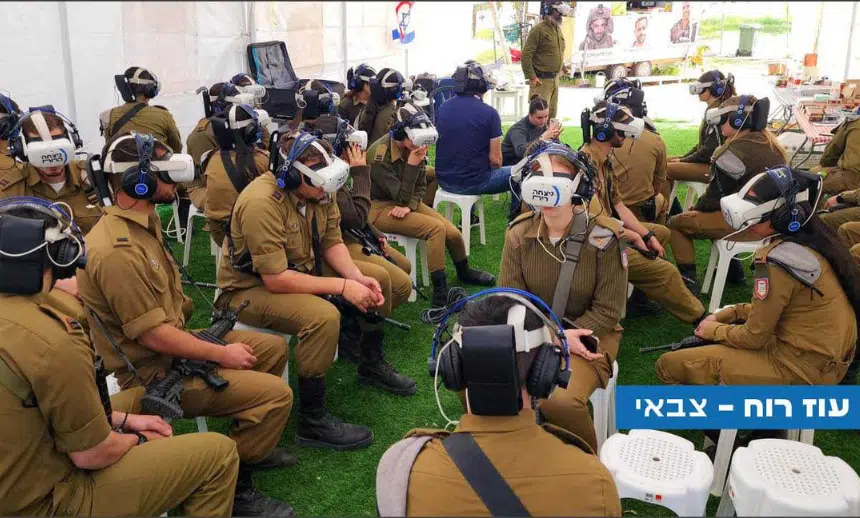
Similarly, “Humans of October 7th,” of Erez Kaganovitz follows the template set by its Holocaust-focused predecessor, offering a platform where the stories of resilience and humanity in the face of terror are shared. This exhibition not only serves to commemorate but also to inspire and educate, using personal narratives to foster a deeper connection to the events and their broader implications.

Shiran Melamdovsky-Somech uses AI technology through her organization, “Generative AI for GOOD,” to honor the heroes of the Warsaw Ghetto Uprising and to “resurrect” abductees to convey direct messages. She believes that direct messages from individuals are more impactful, influencing her efforts to immortalize both Holocaust survivors and October 7th victims.
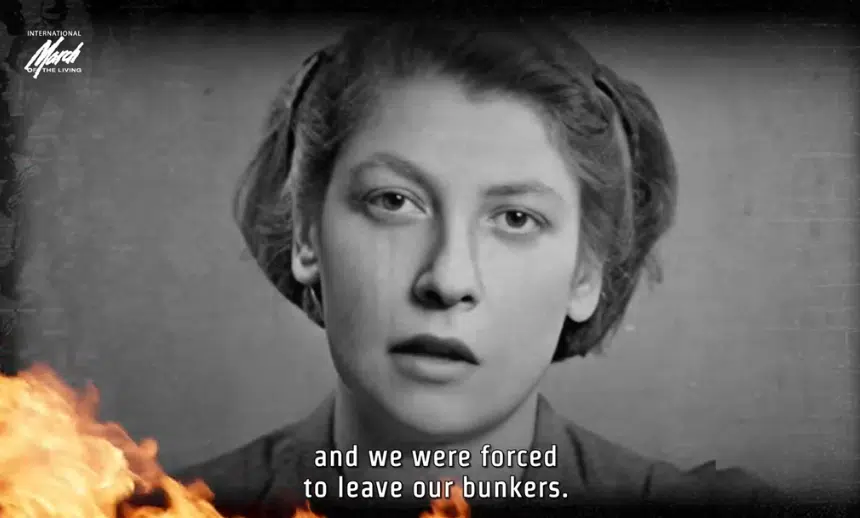
I truly believe that the commitment of Holocaust educators today is not only to ensure that education is relevant, using innovative methods, but also to address the continuation of the Jewish and Israeli story.

